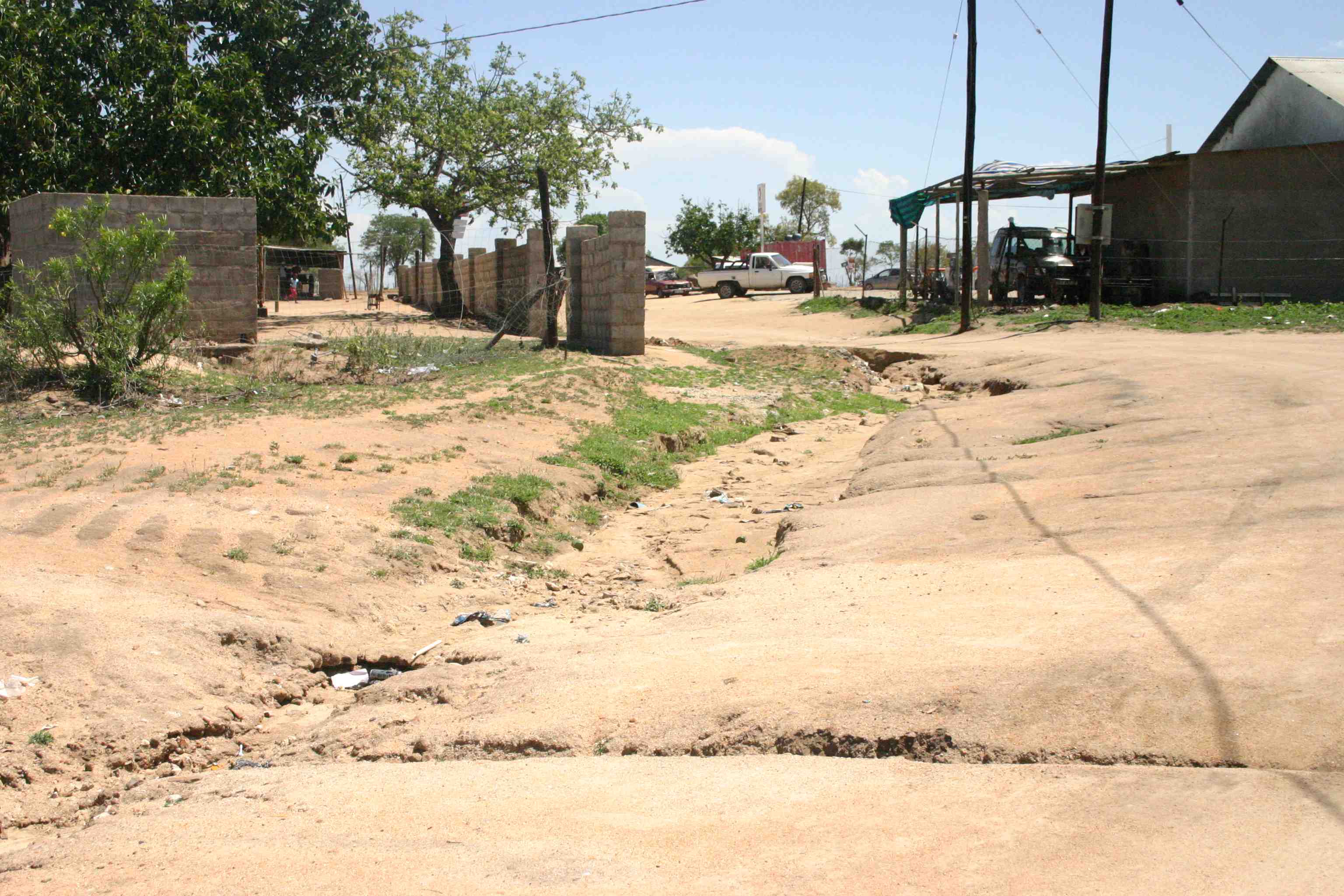More than 20 years into its democracy, South Africa is still a long way from returning all 24.5 million hectares of land back to the communities who were dispossessed of it during apartheid.
Inefficient and shadowy processes, unclear government policy, burgeoning reparation costs and corruption have critically slowed the pace of land reform and led to widespread frustration among would-be beneficiaries.
The Mala Mala land claim deal in the north-east of the country is no different.
In 2013 the South African government paid a record price of R1 billion (US$60 million) so that the land could be returned to its rightful inhabitants, who were forcibly removed from the area from the 1960s onwards. One of the landholdings in this area was owned by the multimillionaire Rattray family and was turned into a luxury safari lodge and reserve called Mala Mala. According to the deal, the Rattrays are still to manage Mala Mala, but must do so in partnership with the local community.
Reports of an undisclosed management plan thrashed out between the government, the Rattrays and the N’wandlamharhi Communal Property Association (CPA) say locals are supposed to gain from the deal through rent money paid to them by the Rattrays, as well as from job creation and skills training. The CPA was appointed to represent the community’s interests in the deal.
But, it seems the community has yet to reap any of these benefits and is still trapped in a cycle of poverty, casting uncertainty over who is truly profiting from the deal.
That’s why Transparency International and Corruption Watch, our partner in South Africa, are giving a voice to Oxpeckers environmental investigative journalists who are working to expose the truths of this controversial deal in the hopes that the funds are ploughed back into the community they were originally intended to benefit.
“Inside the game reserve are the graves of my ancestors – but we’re not allowed to visit them.” – Loraine Mabuye, member of local community
What Oxpeckers found
When Oxpeckers travelled to this 12,855ha pocket of land in late 2015 – part luxury safari lodge and part rural village – they found a community still grappling with high rates of poverty and unemployment.
Community members Oxpeckers spoke to said they had not seen any benefits of the deal and numerous attempts to contact the CPA and get their response about this reported lack of progress failed.
A human rights lawyer familiar with the case told Oxpeckers he believes the local community was used as a pawn by powerful politicians and lawyers siding with the Rattrays, who don’t have the beneficiaries’ best interests at heart.
Waiting for answers
After numerous attempts by Oxpeckers failed to engage the government, CPA and Rattrays to get more clarity on the Mala Mala deal, it launched a formal access to information request late last year seeking:
- Details about the original partnership between the Rattrays and the community, as set out in the out-of-court settlement;
- The list of criteria used by the government in determining the settlement price of R1 billion;
- The record outlining how the rental funds paid to the CPA should be used;
- The deed of sale;
- The CPA’s annual financial statements.
According to access to information law in South Africa, government has 30 days to respond to a request. In January Oxpeckers sent a follow-up letter to the government requesting feedback on its initial request, but both attempts were met by silence.
What needs to happen
South African taxpayers’ money was used to buy Mala Mala for the community, and the people of the country deserve to know how this is being used. Oxpeckers is now considering options to take the government to court to force it to hand over the details of the deal and will keep on pressuring authorities for the truth. We will keep you updated on progress.
Read the full Oxpeckers investigation
This investigation formed part of Transparency International’s work on fighting corruption in the land sector, which aims to – among other goals – shine a light on opaque deals to promote fair and equitable access to land.

